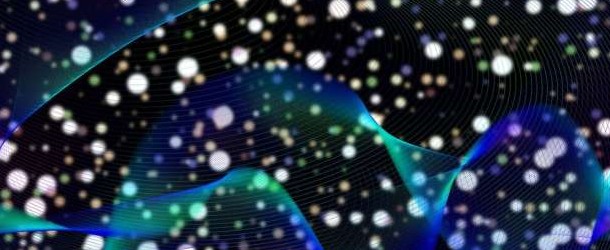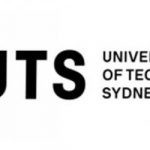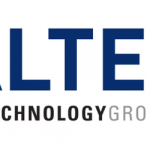A browser-based Quantum Game in which players create a virtual quantum optics lab

(DiscoverMagazine) The Physics arXiv Blog introduces its audience to Quantum Game, a browser-based game in which players must solve photon puzzles using the bizarre quantum properties of entanglement, superposition and interference. Inside Quantum Technology shares the news about the the Quantum Game and its Virtual Quantum Experiments.
The game is an introduction to a broader and much more ambitious effort to create a virtual quantum optics lab. To help people learn how to use the lab, and provide some fun at the same time, Migdal and colleagues developed the puzzle game, Quantum Game. This takes the form of a series of increasingly advanced puzzles that introduce interference, polarization, entanglement and so on. Solving one puzzle unlocks the next.
The virtual lab is already being put through its paces in courses at the University of Oxford in the UK and Stanford University in California. “Our students loved it,” said one educator.
Virtual Quantum Experiments
This “Virtual Lab makes it possible to explore the nature of quantum physics, to simulate quantum computing, to use quantum cryptography, to explore counterintuitive quantum phenomena and to recreate historical experiments,” say the developers led by Piotr Migdal at a company called Quantum FlyTrap in Poland.
The lab can simulate experiments involving up to three photons, which requires considerable coding nous. They say the behavior of a single photon can be described by 1000 complex numbers to capture its position in 2d space, its polarization and direction. By contrast, “a three-photon simulation requires a billion dimensions,” say the team.
The Virtual Lab makes it possible to simulate a wide range of quantum optics experiments and to design new ones. That’s useful for researchers, educators and students. The lab includes a number of pre-designed set ups, for experiments such as the BB84 quantum key distribution protocol for cryptography, the quantum Zeno effect and quantum teleportation. It allows users to store their own experiments too.
The virtual lab is already being put through its paces in courses at the University of Oxford in the UK and Stanford University in California. “Our students loved it,” said one educator.
Sandra K. Helsel, Ph.D. has been researching and reporting on frontier technologies since 1990. She has her Ph.D. from the University of Arizona.
























